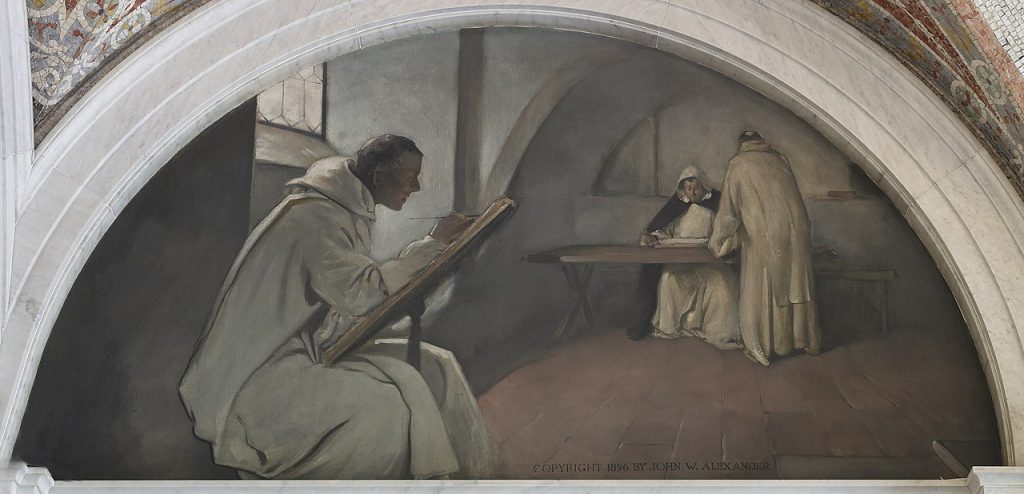
Published August 6, 2020
NY’s Cardinal Dolan held an online held a video conference for the clergy Tuesday and said that his sources tell him that the McCarrick report will be out later this month. He said he does not know what is in it. The latter seems believable; the former remains to be seen.
It has been two years since the Vatican announced it would be conducting preparing a report on the case of Theodore McCarrick. Cardinal Parolin said of the report’s release, “The publication depends on the pope. The work that is done is done, but the pope must give the final word. . . .I think that it will come out soon. I cannot tell you exactly when.” That was in early February.
The second anniversary of McCarrick’s resignation from the College of Cardinals has come and gone. Since then, the bishops’ conference has twice voted against publicly petitioning Pope Francis to release the report promptly and in full.
To almost everyone – including many bishops individually, if not corporately – the release of the McCarrick report is an obvious and necessary step in establishing transparency. Ideally, such transparency would lead to accountability. Giving account to the faithful for the trust that has been taken from them ought to be seen as a matter of justice.
More than that, the release of the McCarrick report is a necessary step toward the kind of reconciliation our Church, so marred and divided, badly needs. If our shepherds hope to regain the trust that has been squandered, then our shepherds must be willing to name the failings for which they would seek forgiveness. The hierarchy’s calls for healing and forgiveness ring hollow so long as it conceals from its members the full extent of what our leaders did and failed to do.
There is a reason Catholics are obliged to confess grave sins, in kind and number, before being given absolution. And the reason is not that God is stingy with his mercy. The reason is that a penitent who will not honestly disclose his sins to the Lord, a penitent who is not contrite, is not ready to be forgiven.
How can prelates (be they bishops or cardinals or popes) who cannot bring themselves to honestly disclose the wrongs that have been done – the harm that has been done to the faithful –expect to find forgiveness and reconciliation? And this is not because the faithful are stingy in mercy, but because the refusal, to be honest, is a clear sign of a lack of contrition.
It is understandable, on some level, for Rome to worry that the McCarrick report will be so disruptive and damaging for the Church in the United States that it is better to hide the truth from the world, or at least to delay its release until the fallout can be most easily mitigated. For some kinds of Bad News, this might even be wise. But in the McCarrick case, the Church’s silence and lack of transparency bear a distressing similarity to precisely the kinds of institutional foot-dragging that brought us to this point in the first place.
The longer the McCarrick report is delayed, the longer the open wound of distrust between the flock and the shepherds will fester.
This distrust, by the way, is damaging to the faithful and to the Church as a whole. It is also damaging to those whose names have been tainted by their proximity to McCarrick – men who, if they are innocent of wrongdoing, deserve to have their names cleared.
After Archbishop Viganò published his bombshell “testimony” two years ago, Cardinal DiNardo, then USCCB president, issued a measured and serious response: “The questions raised deserve answers that are conclusive and based on evidence. Without those answers, innocent men may be tainted by false accusation and the guilty may be left to repeat sins of the past.”
The distrust and division that have festered in the Church in recent years (not all of it having to do with McCarrick, of course) have grown worse lately, especially here in the United States. This is, I think, clear to just about everyone. The need for reconciliation is urgent and evident. While releasing the McCarrick report is not going to heal the Church’s divisions, withholding the report is increasingly an obstacle to such healing.
Many Catholics are wondering if, when the McCarrick report is finally released, it will be a snow job or a full and honest accounting. The long delay might well suggest the latter. But the delay in the McCarrick report is also an obstacle to reconciliation within the Church because it is a constant reminder of the institutional maintenance and clerical impunity that have been hallmarks of the Church’s mishandling of abuse cases for decades.
All the transparency and honesty and accountability in the world cannot heal the wounds within the Church. The kind of reconciliation the Church needs requires forgiveness from those who have been wronged. For most Catholics, even those of us who are not ourselves victims of clerical sexual abuse, this is a tall order.
Are we prepared to meet honesty – should real honesty appear – with mercy? Are we prepared, not to overlook or excuse sins and crimes, but to receive ugly truths with humility rather than vindictiveness?
Are we prepared to receive well what so many of us have been demanding for so long? Are we prepared for honesty? Are we prepared to trust? Are we prepared to forgive?
These are questions that we should all be asking ourselves and preparing to answer even as we wait.
© 2020 The Catholic Thing.
Stephen P. White is executive director of The Catholic Project at The Catholic University of America and a fellow in Catholic Studies at the Ethics and Public Policy Center.











